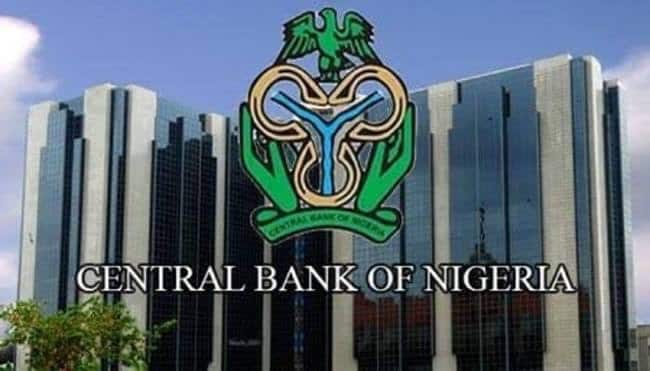
The Central Bank of Nigeria (CBN) has ordered all commercial banks and other financial institutions to regularly monitor the accounts of Politically Exposed Persons (PEP) in the country.
The CBN’s Director of Financial Policy and Regulation Department, Chibuzor Efobi, made this known in a circular to banks and other financial institutions on Friday titled, ‘Guidance notes on Politically Exposed Persons’
The apex bank directed the banks to monitor and screen transactions and account activities of the political appointees on a regular basis for money laundering, terrorist financing, and proliferation financing risks.
The circular reads, “PEP accounts should be subject to periodic reviews as may be determined by the FI in line with risk assessment.
“Frequency of the periodic reviews should be determined by the risk of the customer and documented appropriately. FIs should also review their PEP database frequently.
“On a regular basis, transactions and account activities should be monitored and scrutinised for money laundering/terrorist financing/ proliferation financing risks.
“Domestic PEPs to be those entrusted with prominent public positions in Nigeria, while those entrusted with prominent public positions in any other foreign jurisdiction were foreign PEPs.”
The apex bank noted that in view of the corruption level in Nigeria, domestic PEPs were rated highly vulnerable to financial risks, therefore, by default, most domestic PEPs were considered hig-risk.
The CBN also ordered the banks and other financial institutions to categorise foreign political appointees with prominent functions in international organisations based on the level of risk as assessed.
The circular added: “Foreign PEPs and PEPs with prominent functions in international organisations should be categorised based on the level of risk as assessed by financial institutions.
“The behaviour of the customer, transactions and accounts should be in line with the expected level of activity. Ongoing monitoring is crucial as a customer risk profile may change over time.
“Financial institutions, in the ordinary course of their businesses, established business relationships with PEPs, who may be vulnerable to corruption and portend reputational and financial crime risks to the FI.
“PEPs poses a high risk of money laundering, financing of terrorism and proliferation financing due to the possibility that individuals holding such positions may misuse their power and influence for personal gain or advantage to themselves, close family members and associates.
“Such individuals may also use their families or close associates to conceal illicit funds and assets.

“In addition, they may also seek to use their power and influence to gain representation and/or access to, or control of, legal entities for similar purposes.”


